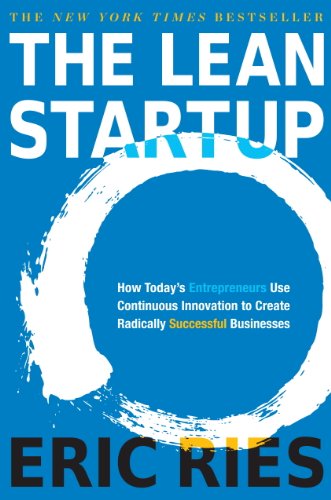

This article is an excerpt from the Shortform summary of "The Lean Startup" by Eric Ries. Shortform has the world's best summaries of books you should be reading.
Like this article? Sign up for a free trial here .
Entrepreneurs seem to resist management by nature – that’s why they started the company in the first place! But just like any project or organization, entrepreneurs and startups really do need management.
What is entrepreneurial management? How do you manage well as an entrepreneur? Learn more, from Lean Startup and Eric Ries.
The Need for Entrepreneurial Management
‘Management’ is often a dirty word in startups because it conjures images of grey suits, bureaucracy, and TPS reports. Startups are worried management will squash energy and creativity.
The problem is, startups go too far away from Entrepreneurial Management and into the other direction into chaos. They often take a shoot-from-the-hip, hail-Mary, undisciplined approach to company development. This leads unfortunately to failure, spending years of your life building something no one gives a crap about.
Startups really DO need management, but a new kind of management catering to high-risk innovation. By using this entrepreneurial management method, you will be confident you’re moving in the right direction and learning more about your company. Surprise – that method is the Lean Startup.
The Roots of Lean Startup and Entrepreneurial Management
The goal of a startup is to learn what their customers want and will pay for, as quickly as possible. Thus the real metric you should care about is the amount you learn – not the number of hours you work, the lines of code you’ve written, or the number of times you’ve banged your head against the wall.
Because startups face so much uncertainty, you have to make continuous adjustments to your startup plan, based on the information you get back. This is the Build-Measure-Learn loop.
Think about it like driving a car. When you get on the road, you make constant adjustments to the steering wheel, based on where you see yourself on the road. Veer a little right, and you turn to the left before you go offroad.
A startup’s the same way. You collect information about your customer, just like seeing where you are on the road. Based on this new information, you adjust your strategy, like turning the steering wheel. You keep repeating this and making progress. This is the essence of entrepreneurial management – a structured way to answer the business’s critical questions as quickly as possible, with limited resources.
Unfortunately, some startups avoid this learning cycle. Instead, they essentially point themselves in one direction, put on a blindfold, and then slam their foot on the pedal. To no one’s surprise, they end up in a ditch by the side of the road.
(Shortform note: The failed online grocery company Webvan in the 2000 dot-com bubble is a classic example of this – before fully validating their customer and the business model, they spent over a billion dollars building out their infrastructure and delivery fleet. Surprise – there weren’t enough customers to justify the investment. Webvan imploded. Don’t be a Webvan. Use entrepreneurial management.)
———End of Preview———

Like what you just read? Read the rest of the world's best summary of "The Lean Startup" at Shortform . Learn the book's critical concepts in 20 minutes or less .
Here's what you'll find in our full The Lean Startup summary :
- How to create a winning Minimum Viable Product
- How to understand how your startup will grow
- The critical metrics you need to track to make sure your startup is thriving






